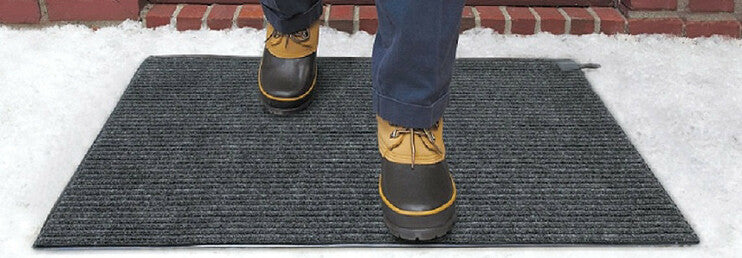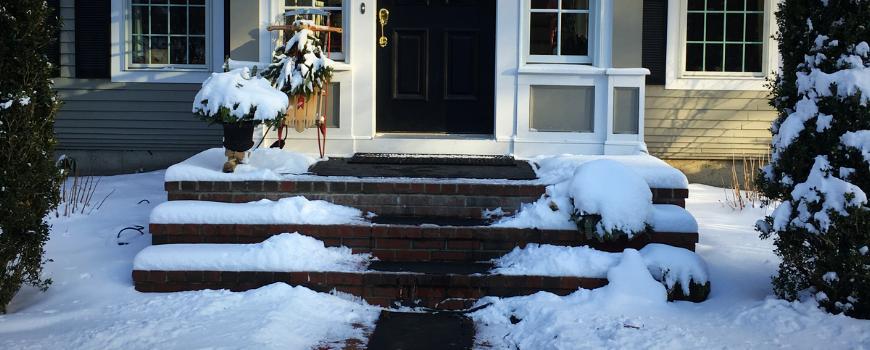
Social isolation can be a major problem for seniors during the winter. With low temperatures and hazardous conditions, most elderly people stay indoors when the cold season hits. But, being alone and indoors for long periods can lead to depression, anxiety, and distress, which is why it’s important for senior caretakers to make sure social isolation doesn’t occur.
Follow these steps and you’ll ensure a pleasant and safe winter for your loved ones.
1. Help them stay mobile
Just because the weather is cold doesn’t mean you can’t take your family members out for a social call every once in awhile.
Wait for a day when the forecast looks promising, make sure they bundle up sufficiently, and take them out to visit friends or relatives, or to participate in some other social engagement.
Be careful about road hazards, sidewalks, driveways, and other potentially slippery surfaces that cold, wet weather can cause.
2. Embrace modern technology
In previous generations, when seniors were alone, they were truly alone. However, today no one ever has to be socially isolated. With social media outlets such as Skype and FaceTime, as well as with economically sound calling plans, seniors can stay connected to the people they love on a daily basis.
3. Set up a senior-friendly phone system
Staying in contact with elderly family members is easiest when they have a senior-friendly phone system in place. You might consider getting elderly parents an easy-to-use phone, laptop, or tablet. Small, touch-screen technologies are difficult for seniors to use. Get something with large buttons, loud tones, preset phone numbers, and a speaker function for optimal conversing.
4. Make sure they stay healthy
Maintaining a healthy lifestyle won’t prevent social isolation, but it will promote a healthier mind and body, which in turn can help prevent the negative effects of social isolation such as depression and hopelessness.
A healthy body contributes to a healthy mind and vice versa. Far too often, seniors become lax in their regular health routine during the winter months because it’s more difficult to get out and harder to motivate oneself when they’re stuck inside all day. Winter is replete with major health hazards, so it’s important to remind them to be particularly vigilant in all health habits, such as the following:
- Exercise: There are plenty of moves that can be done indoors that keep the blood circulating, blood pressure even, and body temperature elevated. Jogging in place or on a treadmill and doing balancing exercises, stretches, yoga, windmills, and even tai chi are all possible options for a healthy workout routine that can be done indoors, all year round, and by people well into their golden years.
- Eat right: A balanced diet consisting of the proper amounts of proteins, oils, and healthy carbohydrates keep the digestive system running better and promote emotional and mental wellness. Minimizing fatty food intake as well as foods with high sugar content is also important—there’s nothing wrong with having a treat once in awhile as long as it’s not part of a regular daily diet. And remind your seniors to break up meals into more frequent, smaller ones. Five or six small meals a day is a good average.
- Stay hydrated: Drinking is extremely important for keeping up mental and physical strength. And, warm liquids such as broth, soup, and tea do double-duty because they are also a good way to keep body temperature elevated when it’s cold outside.
- Continue regular checkups: Make sure your elderly family members don’t stop going to the doctor just because of the weather. In fact, a checkup is a good excuse to get them out of the house. Book them an appointment, and make it into an outing.
5. Stay in touch
If you’re caring for elderly loved ones this winter, there are many things you can do to help prevent social isolation. However, the most important thing is to stay in touch with them. Make sure they know you are available to help, and that they only need to ask.
Nobody likes to feel like a burden. Your loved ones need to know that there are people around them who want to help and are waiting for their call. This will encourage them to stay healthy, active, and comfortable all year round.


